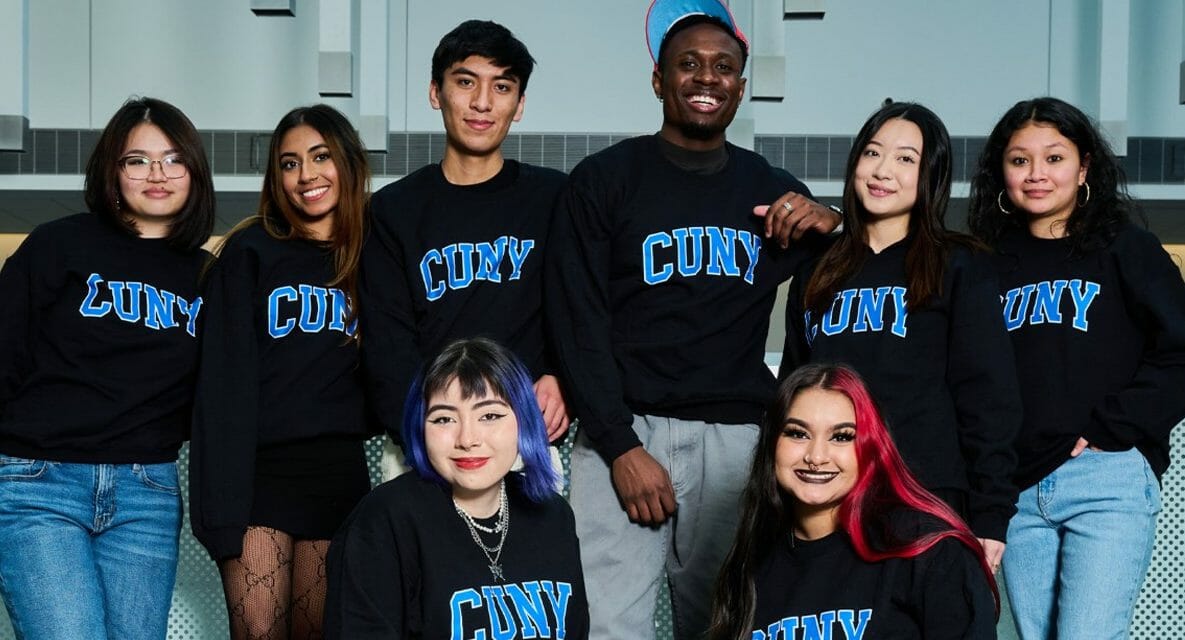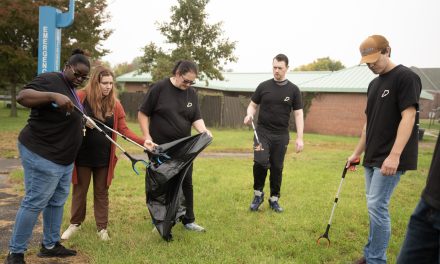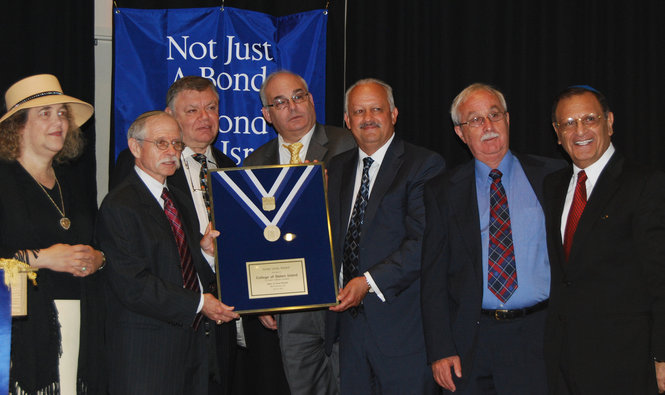Funds to 24 Colleges Will Help Address Acts of Bias and Bigotry, Including Antisemitism, Across CUNY Campuses
The City University of New York today announced the distribution of $750,000 in new funding allocated by Chancellor Félix V. Matos Rodríguez to 24 CUNY colleges and the University’s central offices to fund programming, training and events that work to address religious, racial and ethnic bigotry, including antisemitism, at the University.
“With our continued commitment to fight against bigotry, antisemitism, and hate of all kinds, our colleges are stepping up and have developed additional programming to address these incidents,” said Chancellor Matos Rodríguez. “These latest projects are yet another step in the continued actions we are undertaking to ensure our campuses remain a welcoming place for all.”
To receive the funds, colleges had to demonstrate in a proposal that they had a strategic responsiveness to antisemitism, anti-Asian hate, and other forms of racism and discrimination, in a way that addresses the needs of the entire college community. Essential to the plans, colleges included meaningful and concrete actions that the funding would support towards addressing all forms of hatred. The University’s central offices will utilize $150,000 of the funds to support its campus climate work, involving professional development, faculty engagement and monthly discussions and conversations on issues pertaining to discrimination.
These new programs build on the long-standing work being undertaken by the University to foster a system that is welcoming to all students in a city as diverse as New York. Queens College, for instance, established the Center for Ethnic, Racial and Religious Understanding (CERRU) in 2009, as an expansion of a program developed by the college’s Center for Jewish Studies. Shortly after being appointed to the role, Chancellor Matos Rodríguez secured a $500,000 grant from the New York City Council to expand the center’s work across the University. And since 2017, Brooklyn College has led a “We Stand Against Hate” initiative, which includes lectures, workshops and events taking place throughout the year, tasked with enhancing understanding and compassion on campus.
With the new funds, some colleges are developing expanded diversity, equity and inclusion (DEI) training. One of these colleges, Baruch College, will organize focus groups and facilitate discussions on campus this semester, alongside the enhanced DEI training and organized support for the college’s affinity groups.
Part of the funding will support campus conversations around historical and recent trends of discrimination. Queensborough Community College will leverage its Kupferberg Holocaust Center, already tasked with using the lessons of the Holocaust to educate current and future generations about the ramifications of prejudice, to host a Holocaust education program.
Bronx Community College will host a series of interactive workshops and readings that culminate in performances of “Dissonance,” a two-woman play covering the topics of race, love and friendship. This project, one of four arts-based initiatives under this effort, will utilize a theater in education model of learning through personal connection and engagement.
The CUNY School of Law will engage a dedicated trainer to advise faculty and staff on how to facilitate a common understanding of discrimination and how to confront it, as well as engaging students in this dialogue. The funding will support a series of student-centered events specifically covering the rising trends of anti-Asian hate, antisemitism and LGBTQIA+ hate in New York City and across the nation.
To directly empower students, Brooklyn College is designing a student retreat to confront religious and ethnic discrimination based on a social change model of leadership development.
Colleges will also expand their academic and co-curricular offerings, such as the Craig Newmark Graduate School of Journalism’s “Navigating the Newsroom” workshop series, which will focus on how media outlets in the Jewish, Asian American and Black communities are responding to the upward national trend in hate crimes targeting these groups.
This initiative is the most recent step taken by the University to fight intolerance and hatred in all its forms. CUNY recently announced the launch of an online portal to report instances of discrimination and retaliation. While working closely with the Jewish Community Relations Council of New York (JCRC-NY), the University also is partnering with Hillel International’s Campus Climate Initiative to address the global uptick in antisemitism while fostering a welcoming community for Jewish students.
The City University of New York is the nation’s largest urban public university, a transformative engine of social mobility that is a critical component of the lifeblood of New York City. Founded in 1847 as the nation’s first free public institution of higher education, CUNY today has seven community colleges, 11 senior colleges and seven graduate or professional institutions spread across New York City’s five boroughs, serving over 243,000 undergraduate and graduate students and awarding 55,000 degrees each year. CUNY’s mix of quality and affordability propels almost six times as many low-income students into the middle class and beyond as all the Ivy League colleges combined. More than 80 percent of the University’s graduates stay in New York, contributing to all aspects of the city’s economic, civic and cultural life and diversifying the city’s workforce in every sector. CUNY’s graduates and faculty have received many prestigious honors, including 13 Nobel Prizes and 26 MacArthur “Genius” Grants. The University’s historic mission continues to this day: provide a first-rate public education to all students, regardless of means or background.
By: CUNY Media




![[gallery] Twelfth Annual Undergraduate Research Conference Showcases Student Talents](https://csitoday.com/wp-content/uploads/2013/04/URC2013.jpg)












